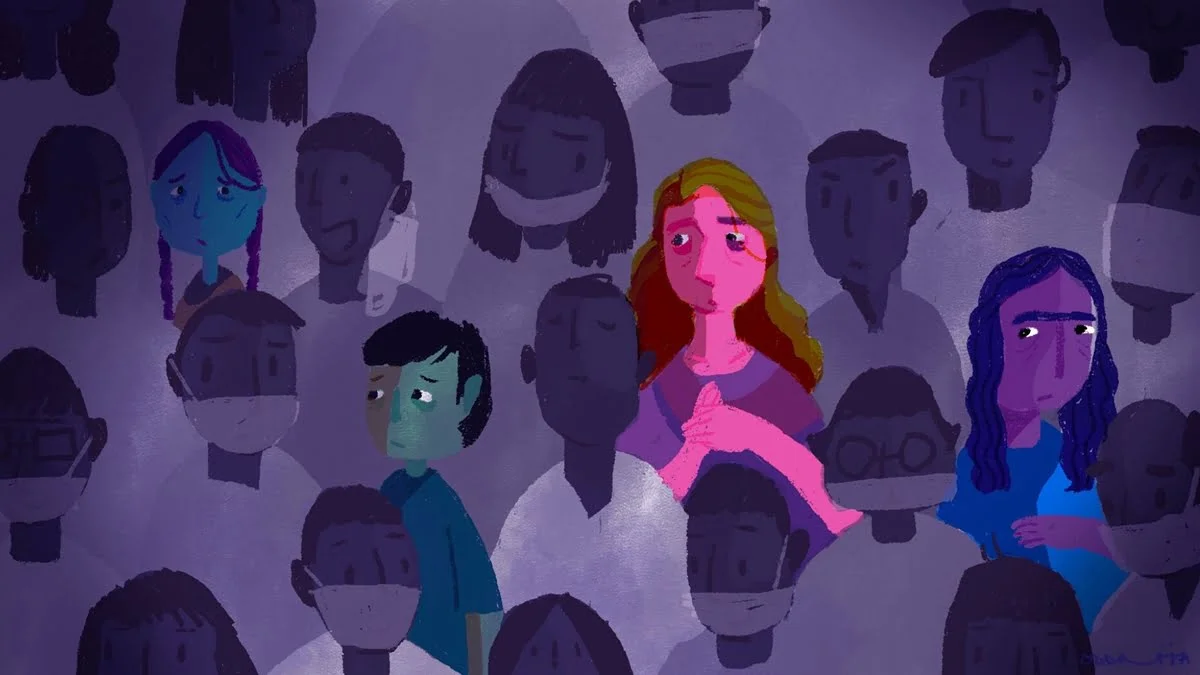Fathima Beevi is a name permanently etched into Indian history, a name every judicial aspirant is familiar with. She was the first woman to be appointed a Supreme Court Justice of India. She was also the first Muslim woman in Higher Judiciary and the first woman to become a Supreme Court Justice in an Asian country. Tracing her career, as we will in this article, is inspiring in itself.
Early Life and Education
Fathima Beevi was born on 30th April, 1927 at Pathanamthitta, in the erstwhile state of Travancore (presently the Indian state of Kerala) to Khadeja Bibi and Annaveetil Meera Sahib, a government servant. She was the eldest of six sisters and two brothers. She completed her schooling from Catholicate High School in Pathanamthitta in 1943. She moved to Trivandrum for her higher education, staying there for six years. She completed a B.Sc. from University College, Thiruvananthapuram after which she enrolled herself to study law from Government Law College, Thiruvananthapuram.
Initially, she wanted to study the sciences further, but her father possibly motivated by the success of Ms. Anna Chandy (the first female judge in India and also the first woman in India to become a High Court judge) who was working near their house, encouraged Beevi to study law instead. Fatima Beevi was one of the only five female students in her class in law school, a number that later dropped to three. However, this did not demotivate her, after obtaining her law degree in 1950, she gave the Bar Council of India exam and became the first woman to top the exam, and received the Bar Council gold medal, the first of her historic achievements.
Fatima Beevi was one of the only five female students in her class in law school, a number that later dropped to three. However, this did not demotivate her, after obtaining her law degree in 1950, she gave the Bar Council of India exam and became the first woman to top the exam
Judicial career
Fathima Beevi enrolled as an advocate and began her career in the lower judiciary in Kerala on 14th November, 1950. After eight years, she took the job of the Munsiff at the Kerala Subordinate Judicial Services. As the years went by, she remarkably rose through the ranks, serving as the Subordinate Judge of Kerala (1968-72), The Chief Judicial Magistrate (1972-4), the District & Sessions Judge (1974-80), a Judicial Member of the Income Tax Appellate Tribunal (1980-83) and a Justice of the Kerala High Court in 1983. Through her long career, she handled various sessions and civil cases including those of riot and murder, breaking barriers to enter the pubic space as a decision maker. Finally on 6th October, 1986, within six months of retiring from the Kerala High Court, she became the first woman to be appointed a Supreme Court Justice of India. The significance of this achievement is best described in her own words, ‘I have opened the door”, she said in an interview with the Scroll. By being appointed to the Supreme Court she paved the way for women to pursue careers in a male dominated judiciary.
Also read: Captain Prem Mathur: The Woman Who Swore To Fly High|#IndianWomenInHistory
In a 2016 Interview with the Week when asked if the Indian Judiciary is patriarchal, she said “Absolutely. No doubt about that.” She has been vocal against the opposition from society that women who practice law face. She has expressed concern over the need for women’s representation in the judiciary, particularly higher judiciary. She said “There are many women in the field now, both at the bar and in the bench. However, their participation is meagre. Their representation is not equal to men. There is a historical reason also for that…. Women took to the field late. It will take time for women to get equal representation in the judiciary.” Talking about the lack of gender diversity in the judiciary in an interview with the Scroll, she said “It is not because of any scarcity of competent women to be appointed to the Supreme Court. There are competent women who can be considered and appointed. It is for the executive to do it.” She also stands for reservations for women in the higher judiciary so that more can women get a chance to be a part of the institution.
After her retirement from the Supreme Court in 1992 Beevi served as a member of the National Human Rights Commission (1993) and the Chairman of Kerala Commission for Backward Classes(1993).
Governor of Tamil Nadu
On the 25th of January 1997, she was appointed as the Governor of Tamil Nadu by the then President of India, Shankar Dayal Sharma. A major decision she took as the governor was rejecting the mercy petitions filed by the four condemned prisoners in the Rajiv Gandhi assassination case. In 2001 she invited AIADMK General Secretary J Jayalalitha to take oath as the chief minister, a decision that was criticised because even though Jayalalitha’s party had received the simple majority Jaylalitha had been barred from contesting in the elections because of her conviction in a corruption case. However, Fatima Beevi maintains that it was not a spontaneous decision, she had consulted the then sitting judges of the Supreme Court, including the Chief Justice of India. Jaylalitha had been acquitted and had no conviction when appointed by Justice Beevi. Following this, the Union Cabinet decided to recommend the President to recall the Governor for having failed to discharge her constitutional obligation. Justice Fatima Beevi decided to resign, thus her eventful term as the Governor of Tamil Nadu came to a controversial end in 2001. Eventually, the Supreme Court of India overturned Fatima Beevi’s decision to appoint Jayalalithaa as the Chief Minister of Tamil Nadu.
After her retirement from the Supreme Court in 1992 Beevi served as a member of the National Human Rights Commission (1993) and the Chairman of Kerala Commission for Backward Classes(1993). She received Hon. D Litt and Mahila Shiromani Award in 1990. She was also awarded the Bharat Jyoti Award and the US-India Business Council (USIBC) Life Time Achievement Award. As the Governor of Tami Nadu, she also served as the Chancellor of Madras University. In 2002, the left parties discussed the nomination of Fathima Beevi as the President of India, however, the NDA Government proposed the name of Dr. A P J Abdul Kalam.
Also read: Snehalata Reddy: The Fearless Woman Who Fought Against 1975 Emergency |#IndianWomenInHistory
The strength of any democratic institution, including the judiciary is marked by its diversity. There have been only eight female judges of the supreme court of India till date since 1950 and none of the 46 appointed Chief Justices of India has been a woman. Only 73 judges out of the 670 judges serving in various high courts are women, a mere 11%. Fathima Beevi continues to be a role model for every woman aspiring to enter the historically male dominated space of the courtroom, and let us hope to see a significant increase in women’s representation in higher judiciary in future.
References
The Week
The Better India
The scroll
The Sme Times
Wikipedia
Featured Image Source: Indian Women Blog
About the author(s)
Khushi Agarwal is an English Literature student from Miranda House and an enthusiastic volunteer for women and child development. Writing is her chosen mode of expression and activism.




